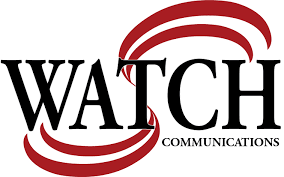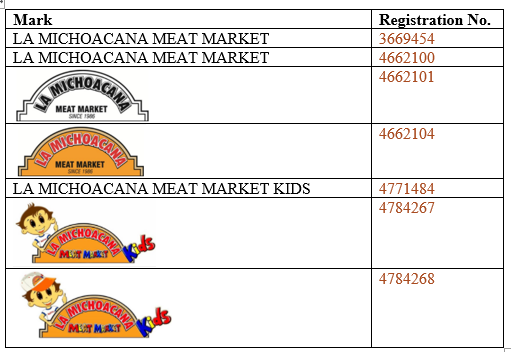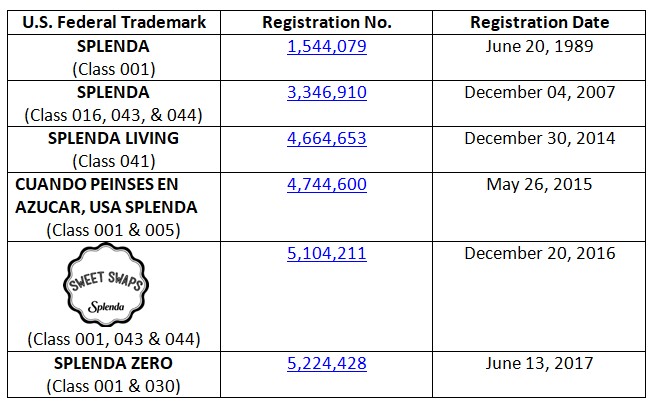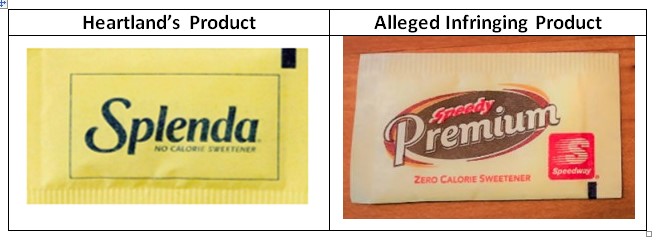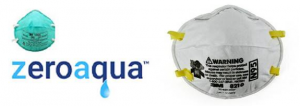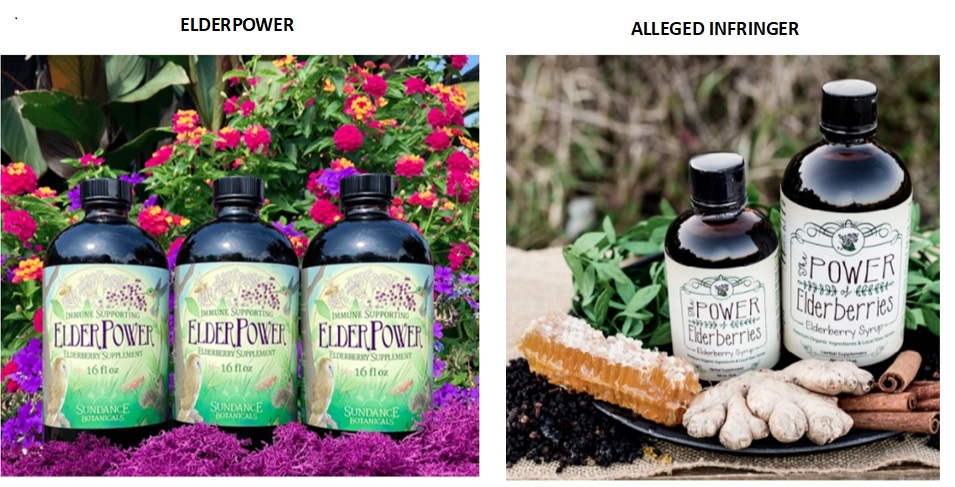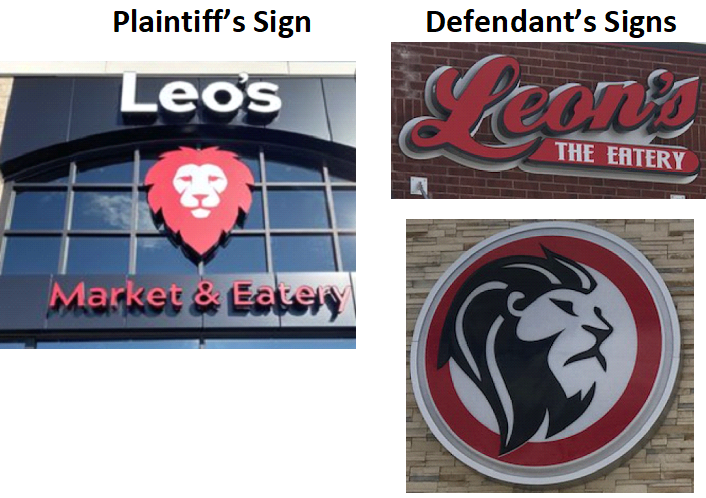Hammond, Indiana – Apparently Plaintiff, La Michoacana Meat Market TM Holdings, LLC (“La Michoacana”) owns numerous federal trademark registrations including the seven at issue in this case (the “Michoacana Marks”):
| Mark | Registration No. |
| LA MICHOACANA MEAT MARKET | 3669454 |
| LA MICHOACANA MEAT MARKET | 4662100 |
 |
4662101 |
 |
4662104 |
| LA MICHOACANA MEAT MARKET KIDS | 4771484 |
 |
4784267 |
 |
4784268 |
According to the Complaint, La Michoacana uses the Michoacana Marks in connection with their meat markets, grocery stores, fruit shops, restaurants, and bakeries. Additionally, La Michoacana claims to sell private label goods such as coffee, beans, and spices.
Cacimiro Galan and Carniceria y Fruteria La Morentita, Defendants, allegedly own and operate a Mexican-themed grocery store using the name “Carniceria y Fruteria La Michoacana.” La Michoacana further asserts that Defendants have a link to La Michoacana’s website on their facebook page, which gives the improper impression that the Parties are affiliated or Defendants have a license to use the Michoacana Marks.
La Michoacana claims it informed Defendants of their infringing actions, but the Defendants did not cease. Therefore, La Michoacana is seeking damages for willful trademark infringement pursuant to 15 U.S.C. § 1117(a). Next, La Michoacana is claiming false designation of origin and unfair competition under 15 U.S.C. § 1125(a). Finally, La Michoacana is seeking relief for common law unfair competition and unjust enrichment.
 Indiana Intellectual Property Law News
Indiana Intellectual Property Law News


